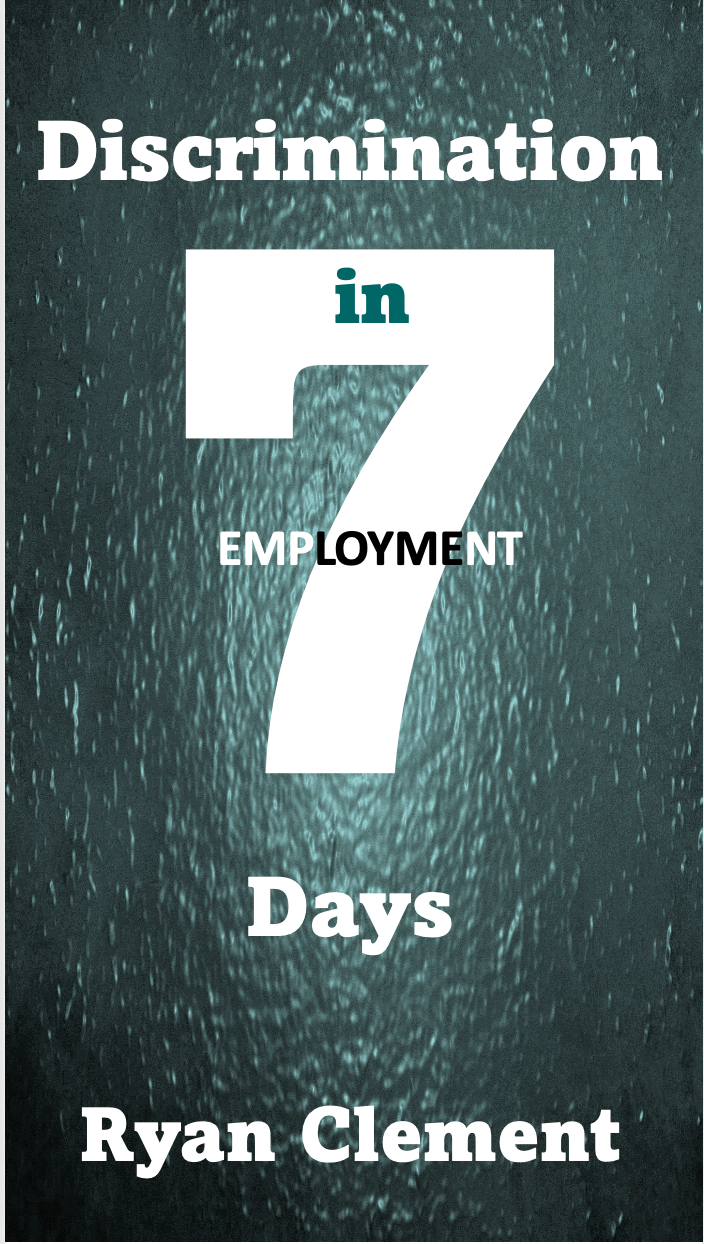The complex world of Agency in Employment Law
N. Handa v The Station Hotel (Newcastle) Ltd (1); A. Handa (2); Williamson (3); Duncan (4); and McDougall (5)
This important case concerns a judgment from the Employment Appeal Tribunal (EAT), regarding an appeal by N. Handa (Claimant) against the decision to strike out his claims of unfair dismissal and detrimental treatment related to whistleblowing against several respondents, including his former employer, Station Hotel Newcastle Ltd (R1).
Employment Appeal Tribunal Case Overview
The Claimant alleged unfair dismissal by R1 and claimed detrimental treatment due to protected disclosures. The appeal specifically concerned the tribunal's decision to strike out claims against R4 and R5, who were HR consultants involved in the grievance and disciplinary processes. The tribunal found no reasonable prospect of success for the claims against these respondents, leading to the appeal being dismissed by the EAT.
Background of the Case
The case revolves around allegations of financial impropriety and subsequent grievances against the claimant, who was employed and later became a director of R1. After raising allegations of financial misconduct, grievances were filed against him by fellow employees, which he claims were retaliatory. R4 investigated these grievances, while R5 conducted the disciplinary hearing that led to the Claimant's dismissal.
Tribunal's Decision on Strike Out
The tribunal concluded that the claims against R4 and R5 lacked a reasonable prospect of success. The tribunal emphasised that R4 and R5 were not agents of the R1 in a legal sense. It was determined that they acted under contracts for services rather than as agents authorised to act on behalf of R1. The tribunal noted that the Claimant's arguments regarding agency were speculative and unsupported by evidence.
Legal Principles of Agency
The judgment discusses the common law concept of agency and its application in employment law. Agency requires a fiduciary relationship where one party acts on behalf of another with authority. The tribunal referenced case law, indicating that merely providing services does not establish an agency relationship. The absence of a fiduciary relationship or authority to affect the principal's legal relations is a significant indicator against agency.
Implications of the Judgment
The ruling clarifies the boundaries of liability for external HR consultants in employment disputes. It reinforces that external consultants cannot be held liable for whistleblowing detriments unless they act as agents of the employer. It also highlights the importance of establishing a clear agency relationship to hold individuals accountable for actions taken during employment processes. Notwithstanding the EAT’s decision, the claimant retains the right to pursue claims against R1, ensuring avenues for redress remain open despite the strike-out of claims against R4 and R5.
s.109(1)-(4) of the Equality Act 2010
Anything done by a person (A) in the course of A's employment must be treated as also done by the employer. (2) Anything done by an agent for a principal, with the authority of the principal, must be treated as also done by the principal. (3) It does not matter whether that thing is done with the employer's or principal's knowledge or approval. (4) In proceedings against A's employer (B) in respect of anything alleged to have been done by A in the course of A's employment it is a defence for B to show that B took all reasonable steps to prevent A—(a) from doing that thing, or (b) from doing anything of that description.
Legal Concept of Agency in Employment
In Ministry of Defence v Kemeh [2014], the MoD contracted with Serco, which sub-contracted with Sodexho, for the provision of catering services. The claimant in that case, an army cook, was racially abused by an employee of Sodexho, Ms A, when they were both working in the same mess. The issue was whether her conduct was, for the purposes of his race discrimination claim, done as agent for the MoD with its authority, under s.32 Race Relations Act 1976 (a predecessor of s.109 of the 2010 Act). The case discussed the legal concept of agency, particularly in the context of employment law and the responsibilities of agents and principals. The court determined that Ms. A was not an agent of the MoD, as her authority stemmed from her contract with Sodexo, not the MoD. Agency arises when an individual acts on behalf of another, but mere employment by a contractor does not establish agency. The principal may be liable for the agent's actions if they fall within the scope of implied or apparent authority.
Grounds of Appeal
The case outlines the grounds of appeal related to the tribunal's decision regarding agency and liability. Amongst other things, the Claimant challenged the tribunal's conclusions about the agency status of R4 and R5. He argued that the tribunal erred in its interpretation of agency, fiduciary relationships, and the authority of the respondents.
Tribunal's Reasoning and Findings
The tribunal's reasoning and findings regarding the agency claims and the dismissal of the Claimant are detailed. It concluded that R4 and R5 were not agents of R1 concerning the dismissal. It emphasised that agency requires more than just providing services under a contract, there must be authority to affect legal relations. Therefore, the tribunal found no reasonable prospect of success for the claims against R4 and R5.
Implications of Agency in Employment Law
This case highlights the implications of agency in the context of employment law and the responsibilities of employers and agents. Agency in employment law can extend liability to agents for actions taken within the scope of their authority. The tribunal's decision reflects the need for clear authority and control in establishing agency relationships. This case illustrates the complexities of agency in employment disputes, particularly regarding the roles of external contractors.
Conclusion
The appeal was dismissed, affirming the tribunal's ruling that the claims against R4 and R5 had no reasonable prospect of success. The EAT held that the arguments presented did not establish a basis for agency liability concerning the dismissal.
The outcome of this case underscores the importance of clearly defined roles and responsibilities in employment relationships.





